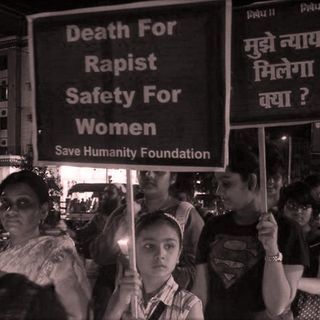
New Zealand Eyes Paid Leave for Miscarriage
Would you avail of it, if it meant sharing and proving you lost a pregnancy?

New Zealand’s parliament is considering a bill that would provide three days of paid leave for women who have had a miscarriage, as well as for their partners, reports The Guardian. The proposed bill would also allow leave following stillbirth. Proponents say such a measure would encourage people to talk more openly about the taboo topics.
New Zealand has been at the forefront of redefining what life experiences justify paid leave. Last month, the country’s Parliament enacted the world’s first domestic violence leave law.
Presently, New Zealanders are eligible for a paid bereavement leave for the loss of a family member, including a child, but not including miscarriage or stillbirth.
According to the New Zealand ministry of health, one to two in every 10 pregnancies ends in miscarriage; some estimates suggest miscarriage is even more common.
“Not everyone who miscarries will experience grief and feel as though they need to access bereavement leave, but for those who do it is important they have the option and it is legislated,” Kathryn van Beek, the bill’s originator, told The Guardian.
Labour MP Ginny Andersen, the bill’s sponsor, said any woman with a a “confirmed pregnancy” would be able to avail of the leave. Discussion of what constitutes a confirmed pregnancy and confirmed pregnancy loss — and, critically, how those confirmations are made and shared — is expected.
If the current bill under consideration is passed, New Zealand would join the ranks of countries, including the UK and parts of Canada, and India, with pregnancy loss leave policies. In fact, India’s miscarriage leave law is arguably more generous, though it does not include leave for partners, and encompasses both miscarriage and abortion, if not explicitly stillbirth; under the Maternity Benefit Act, 1961, Indian law states: “In case of miscarriage or medical termination of pregnancy, a woman shall, on production of such proof as may be prescribed, be entitled to leave with wages at the rate of maternity benefit, for a period of six weeks immediately following the day of her miscarriage or, as the case may be, her medical termination of pregnancy.” Unfortunately, with such a large number of Indian women being employed in the informal work sector, most working women can’t avail of this support.
But even those in the formal sector may think twice before taking advantage of India’s miscarriage leave allowance. Pregnancy loss can be “traumatic and difficult,” as Anderson describes; many women may find it difficult to share their loss so openly and immediately, and inevitable requests for proof of both pregnancy and pregnancy loss may feel invasive, compounding their grief. While it’s great that more and more countries are moving toward acknowledging and supporting the grief many parents experience following pregnancy loss, the next step, in India and in New Zealand, is to define and refine the process employees must go through to avail of it, so their privacy and emotions are protected.
Related


Government to Track the Value of Women’s Unpaid Housework
